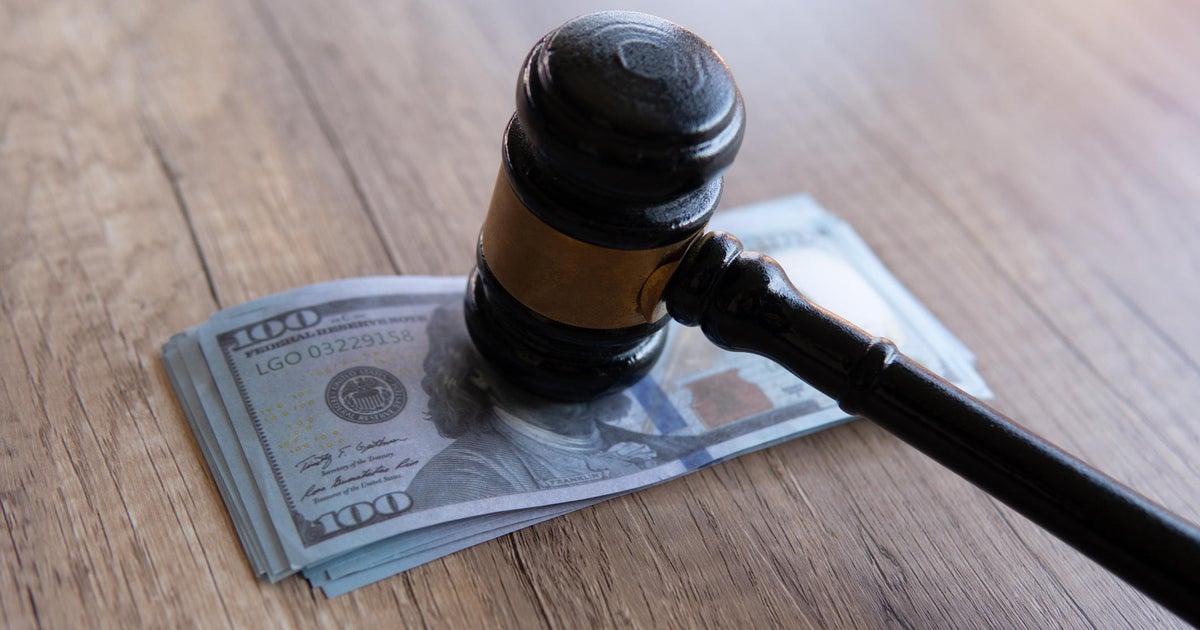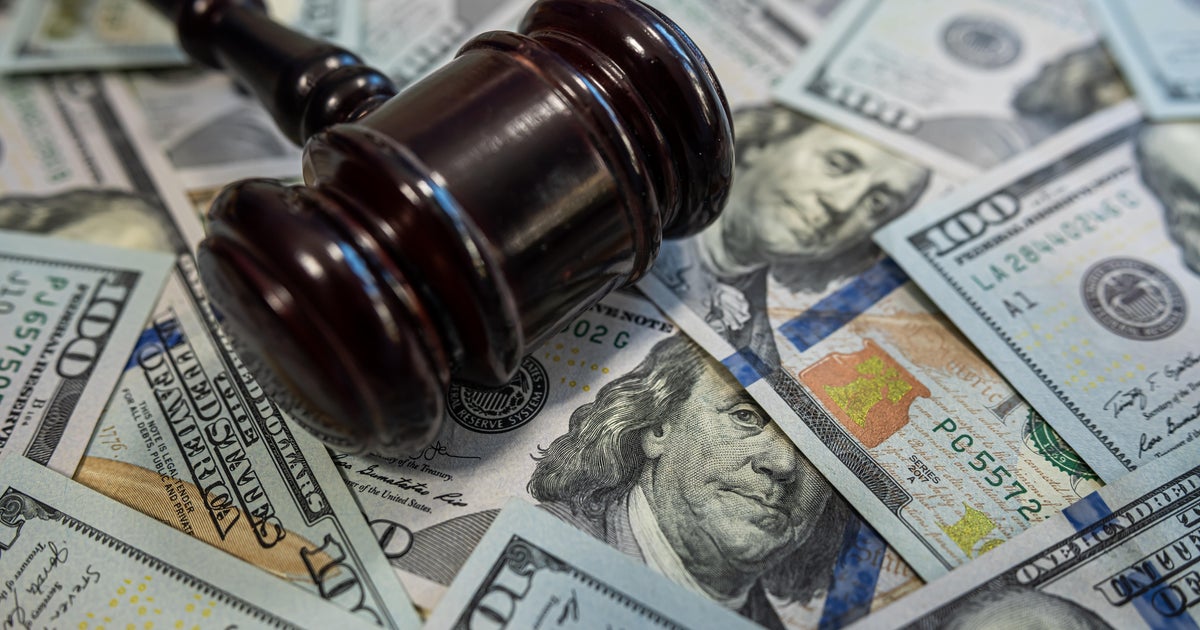Who's ready to reopen? Only 4 states at best, Wall Street says
Which U.S. states are ready to reopen for business? Georgia on Friday let employers including hair salons and restaurants begin admitting customers, while Alaska, Oklahoma and Texas are discussing reopening strategies. Many other states' stay-at-home orders expire at the end of April.
Yet those states and the vast majority of others do not yet meet the criteria to start loosening coronavirus-related restrictions safely, according to research by health care analysts at investment banking company Raymond James.
Just four of 50 states meet all of the White House's criteria to begin a phased reopening, Raymond James wrote. Those are Kansas, Montana, Washington and Wyoming.
The findings are based on the guidance suggested in the White House's reopening plan, which are called "gating criteria." That plan recommends (but does not require) that states hold off on reopening non-essential businesses until they see a 14-day decline in flu-like illnesses and positive COVID-19 tests; hospitals can treat all patients; and there is a "robust testing program" that includes antibody testing that can confirm whether someone has been exposed to the coronavirus.
Michigan and New Jersey are the least prepared to thaw out their business sector, meeting none of the White House's criteria, according to Raymond James analysts. Most states have met one or two of the points needed to start reopening. But even that might be overstating their readiness, according to the investment bank.
"Notably, although a few states are green per this analysis, none are truly ready according to the 'Opening Up America Again' criteria as many do not have widespread antibody testing available," the analysts wrote.
Antibody testing can reveal how many people in a given area have been exposed to COVID-19 and who might be immune to the illness. It's seen as particularly important because many people infected with the coronavirus do not show symptoms. (A recent sample test of people in New York state revealed that 2.7 million residents may have been exposed statewide, about 10 times the number who have tested positive for COVID-19.)
Georgia, notably, is among the less-prepared states, according to the Wall Street analysts, who point out that the number of confirmed tests of COVID-19 in the state has grown by an average of 15% per day in the last two weeks.
"Georgia scores in the top 50% of states who should not reopen," they wrote, noting that "the state's symptom position leaves much to be desired."
A separate study from the Dartmouth Atlas recently found that cases of COVID-19 are growing fastest in states that are considering reopening soon, including those in the South and Midwest.
"We need to be aware that this epidemic is far from over," said the study's author, Dr. Elliott Fisher, a professor of health policy and medicine at The Dartmouth Institute, adding, "The number of cases in every region today are higher than they were a week ago."
While relatively small groups of protestors in some states are clamoring for public health guidelines to be lifted, claiming it would revive local economies, most Americans are prioritizing health concerns, a CBS News poll reveals.
Nearly two-thirds of the survey respondents said they were more worried about the economy reopening too quickly and worsening the virus outbreak, while just one-third was more concerned about reopening to slowly. Nearly half said they would not leave their house until the pandemic ended even if local stay-at-home orders were lifted,
There are numerous potential risks to states prematurely reactivating their economies. That includes possibly triggering a second and even more intense wave of infections, followed by another economic blow as businesses shutter again, according to economists and public health experts.
"We do not believe any state is truly ready to open up on a wide scale," Raymond James wrote. "[A] safe return to some level of normalcy without a vaccine or effective therapeutic would require a robust test, trace and isolate strategy that our country does not yet have the infrastructure to execute."





